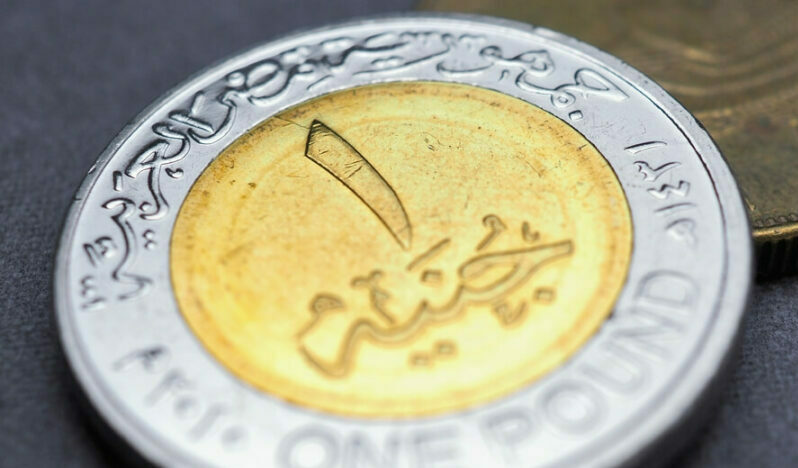Egypt’s central bank raised overnight interest rates by 200 basis points on Thursday following a meeting of the Monetary Policy Committee, saying it was seeking to keep inflation under control. The bank set the lending rate at 19.25 percent and the deposit rate at 18.25 percent.
In February, annual urban inflation jumped to a five-and-a-half-year high of 31.9 percent from 25.8 percent in January. The annual rate of core inflation rose in February to a record high of 40.3 percent.
Read: Egypt cuts growth target, raises subsidies on goods and fuel
The central bank’s Monetary Policy Committee said in a statement on the central bank’s website: “Globally, the sharpness of global commodity price expectations has decreased compared to the forecasts presented to the MPC at its previous meeting. Despite this, uncertainty related to the outlook for those prices persisted.”
“The most important are the prospects for global supply chain disruptions and expectations of global economic activity in light of the lockdown policy associated with the Corona pandemic in China, in addition to recent developments in the financial sector in advanced economies. These developments have been reflected in significant fluctuations in the financial conditions of the US and EU economies, underscoring the high levels of uncertainty related to the global economy.”
The committee pointed out that the growth rate of real economic activity slowed slightly to record a growth rate of 3.9 percent during the fourth quarter of 2022 compared to 4.4 percent during the third quarter of the year. The first half of the current fiscal year to Dec. 31 grew at 4.2 percent of GDP.
The statement attributed the rise in inflation to domestic supply chain imbalances, fluctuations in the exchange rate of the Egyptian pound, in addition to pressures from the demand side, “which are evident in the developments of real economic activity compared to its capacity, maximum productivity, and the rise in the growth rate of domestic liquidity.”
Since March 2022, the official exchange rate of the Egyptian pound has fallen by about half of its value to about 30.87 pounds to the dollar, after the Russian-Ukrainian war exposed the country’s fiscal weaknesses.
This caused foreign investors to exit the Egyptian treasury instrument market.
The pound has fallen to between 35 and 36 pounds against the dollar on the black market.
The N2 money supply, which in Egypt includes hard currency deposits, grew 31.6 percent in January and 31.5 percent year-on-year in February.
At its last meeting on Feb. 2, the central bank kept interest rates unchanged, saying an 800 basis point rate hike last year would help control inflation, which in December jumped to a five-year high of 21.3 percent.
For more on Egypt, click here.








